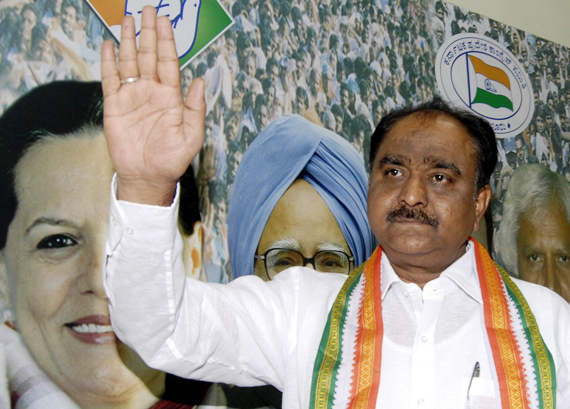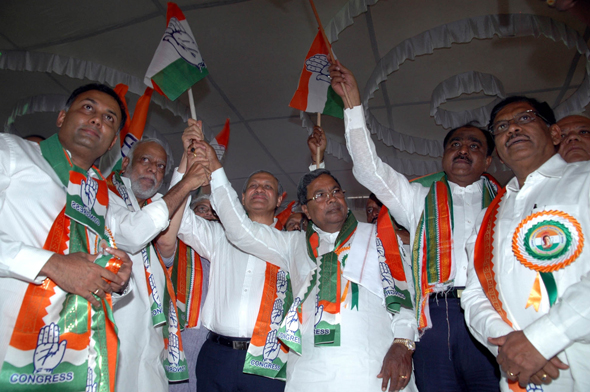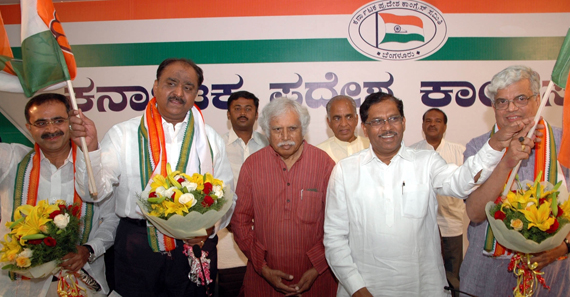Dammam, April 26: Chaos and frustration gripped King Fahd International Airport, Dammam, after Air India Express Flight IX484, scheduled to depart for Bengaluru at 8:30 PM on 25 April 2025, was delayed indefinitely due to repeated “technical issues,” leaving over 150 passengers stranded.
According to affected passengers, after an overnight delay, airline officials informed them the technical problems had been “temporarily fixed” and instructed them to board at 1:30 PM (KSA time) on 26 April. However, the situation deteriorated further when the aircraft taxied to the runway — only to halt abruptly on the runway itself, with passengers once again left without clear communication or resolution.
Several passengers provided live updates, expressing grave concerns over safety standards, poor crisis management, and a lack of transparency by the airline’s ground staff.
“This is not just mismanagement; it is sheer negligence. Passenger lives are being put at serious risk,” said one distressed traveler.
Adding to the growing alarm, Dr P.A. Hameed Padubidri, a noted pro-bono lawyer and social worker who has resided in Saudi Arabia for over two decades, commented:
“I have been in continuous contact with the stranded passengers and am coordinating with the concerned authorities to address this alarming pattern of delays and mismanagement by Air India Express. Passenger rights and safety must be treated with utmost seriousness.”
Dr. Hameed further emphasized: “This marks the third major disruption involving Air India Express flights within a month, raising serious questions about the airline’s operational reliability, aircraft maintenance practices, and overall crisis preparedness.”
He added: “If an aircraft continues to suffer ‘technical issues,’ it clearly indicates systemic negligence. Operating such flights puts the lives of passengers at unacceptable risk. It is deeply shocking and unacceptable.”
Frustrated passengers also pointed out that if this incident had involved other Gulf carriers, passengers would have been promptly provided with food, hotel accommodation, and alternative flight arrangements.
“This exposes a glaring gap in passenger care and service standards,” one stranded traveler noted.
The incident has triggered widespread outrage, with urgent calls for immediate investigation and action by India’s aviation authorities.
Dr Hameed has appealed to the Ministry of Civil Aviation (MoCA), the Directorate General of Civil Aviation (DGCA), and Union Civil Aviation Minister Shri Ram Mohan Naidu to take action against these recurring failures by Air India Express.
As of the latest update, passengers remain stranded at Dammam Airport, awaiting further instructions, with no clear communication regarding the revised flight schedule.














Comments
Add new comment